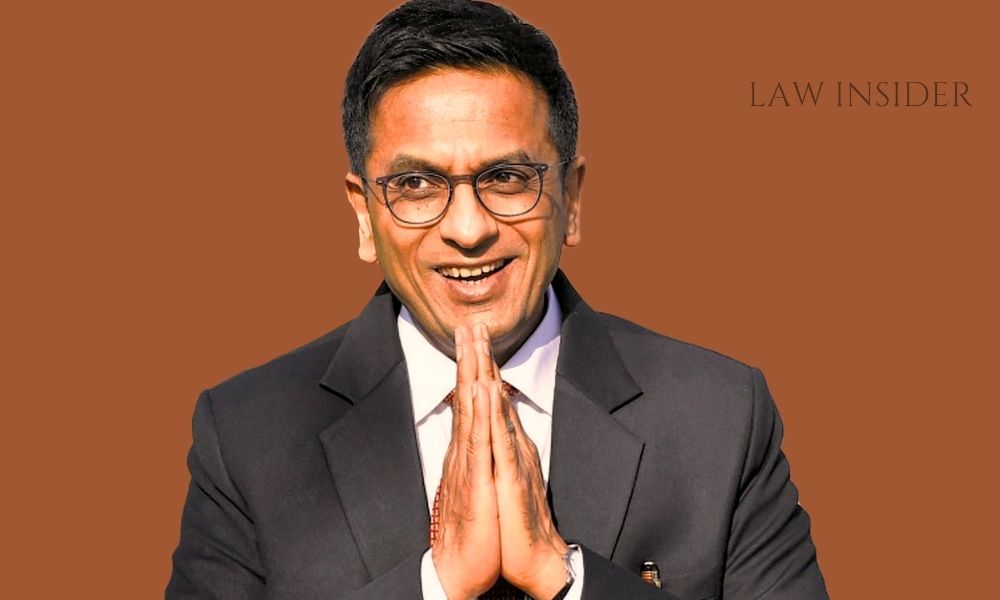LI Network
Published on: 16 August 2023 at 11:05 IST
Chief Justice of India (CJI) DY Chandrachud has urged for a comprehensive reformation of judicial infrastructure to enhance the accessibility of courts, stressing the paramount importance of providing “justice to the last person in line.” In his remarks, he pointed out instances of “arbitrary arrests and demolition of properties” and highlighted the necessity for individuals to find solace and voice through the Supreme Court in such matters.
During an Independence Day event for lawyers in New Delhi, Chief Justice Chandrachud underscored the crucial role of the judiciary in maintaining the rule of law. He stated, “The strength of the judicial system is to grant justice. The sense of confidence in an individual that an arbitrary arrest, a threatened demolition, if their properties are attached unlawfully, must find solace and a voice in judges of the Supreme Court.”
He emphasized that the highest court of the land, as well as the legal profession, stands for upholding the rule of law and ensuring that governance institutions operate within the boundaries set by the Constitution.
Moreover, Chief Justice Chandrachud acknowledged the need for a substantial transformation of the current judicial infrastructure to eliminate barriers that hinder access to justice. He noted, “We have to build confidence in the court’s ability to dispense justice. We have to ensure justice is dispensable to the last person in line. We need to overhaul court infrastructure.”
While discussing expansion plans for the Supreme Court, he revealed a proposal to construct a new building accommodating 27 additional courts and four Registrar courtrooms.
He also lauded the efforts to make judgments accessible in regional languages, with around 9423 Supreme Court judgments translated into regional languages and 8977 translated into Hindi thus far. The goal is to eventually have all 35000 judgments available in every major language.
Concluding his address, Chief Justice Chandrachud emphasized the collaborative role of the three pillars of democracy—Judiciary, Legislature, and Executive—in the collective pursuit of national development.
He also acknowledged the significant role played by institutions like family, media, and bureaucracy in bringing about essential societal changes.

